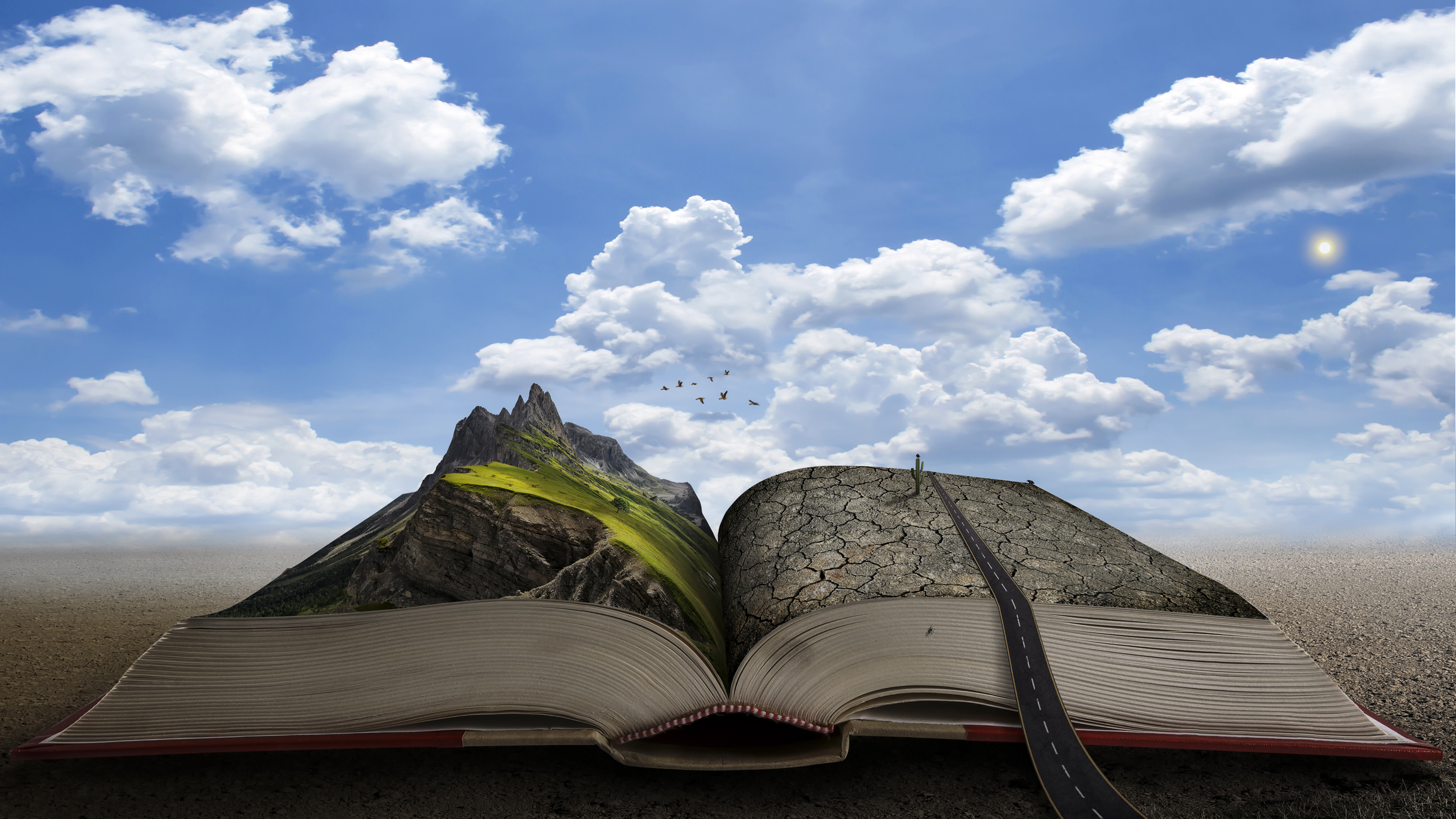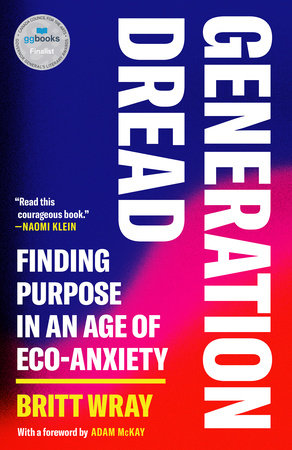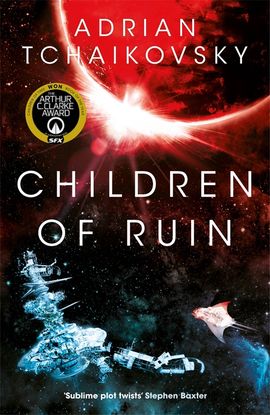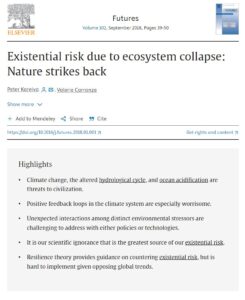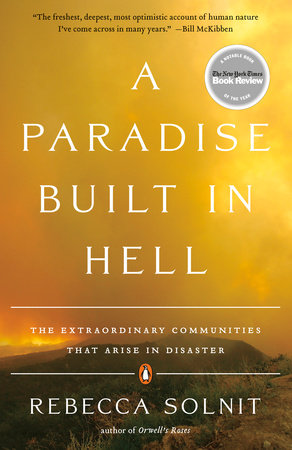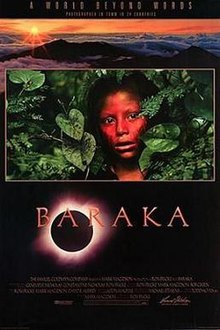This Earth Day, a few of us at the Cascade Institute got together for a themed edition of book club—sharing our current reading (and movie) picks and recommendations around the loose topic of planetary health. A theme of “supplanting doom and gloom with shifts in perspective” emerged from our collective selections.
Ultradeep Geothermal Fellow Rebecca Pearce recommends Generation Dread: Finding Purpose in an Age of Climate Anxiety by Britt Wray: Generation Dread delves into the complex emotions of guilt, helplessness and despair commonly experienced by the climate crisis aware. As an individual living in a Western Nation, with a postgraduate degree, who has travelled extensively for work and leisure, I must acknowledge my role in this environmental disaster despite using all the tools at my disposal to alleviate it, be it through my work, the use of environmentally conscious products, or my choices in transport. I feel both proud and grateful that my career is environmentally driven and that my actions today may indeed do more for the planet’s future than I can foresee, but the paralysis of climate anxiety and guilt are never far away. Britt Wray’s thoroughly researched novel reminds us that we are not alone in this fight, returns our agency in combatting this crisis, and restores a sense of hope for humanities existence on this Earth.
Polycrisis Fellow Megan Shipman recommends Children of Ruin by Adrian Tchaikovsky: I’m currently reading Children of Ruin, the second book in a sci-fi trilogy by Adrian Tchaikovsky. The book follows astronauts on a far away planet during a catastrophic collapse of earth, and that planet far in the future where their intelligent experiment subjects have developed complex societies. This whole series does an excellent job of parsing how planets, organisms, and ecosystems impact the evolution of complex behaviour. These books are fun-they show the development of intelligent spiders and octopodes across generations, and endear the reader to them. Ultimately, the story has made me reflect on how earth has shaped the evolution of humans, and how we have in turn shaped the earth. And, the characteristics that we’ve evolved that make us human, are what have caused us to damage the earth so irreparably.
Polycrisis Fellow Michael Lawrence recommends Kareiva and Carranza’s “Existential risk due to ecosystem collapse: Nature strikes back”: This Earth Week, I’ve gone back a few years to a thoughtful analysis of the existential threat posed by environmental damage. In their article, Peter Kareiva and Valerie Carranza find that climate change and its associated effects on freshwater circulation and ocean acidification do indeed pose an existential risk to humanity, but due to particular and underappreciated dynamics: “positive feedbacks and interactions among stresses that amplify environmental perturbations in ways that surprise us” (pp. 47-48). Where others worry about threats of overconsumption and the unintended consequences of technology, the authors posit that it is our “ecological ignorance” concerning these sorts of dynamics that constitutes the greater existential threat.
Kareiva and Carranza thus present a nuanced treatment of the link between environmental damage and humanity’s future. In this vein, it’s also worth noting that some people carelessly go so far as to assert that climate change is an existential threat to all life on Earth. It’s not. Life will continue, even through the most dire scenarios. It’s just a question of what place—if any—humans have on that future Earth.
Research Director Scott Janzwood recommends Alex Garland’s Annihilation: In anticipation of Alex Garland’s new film Civil War, I recently revisited 2018’s Annihilation—a haunting meditation on environmental collapse and humanity’s penchant for self-destruction. Based on the Jeff Vandermeer novel, the film asks whether humanity’s steady annihilation of the natural world emanates from a deeper rot at the core of our psychology—and whether there is any hope for salvation (or at the very least, some form of absolution).
Communications Manager Nicole Pointon recommends A Paradise Built in Hell, by Rebecca Solnit: I’m currently re-reading Rebecca Solnit’s equal-parts-heartbreaking-and-inspiriting A Paradise Built in Hell. This time around, I’m reminding myself of its lessons—learned through Solnit’s perusal and proof of communities knitting together in disastrous circumstances—to uplift my son and counter his frequent refrain that “we are indeed going down, but we aren’t going down together.” At 17, it’s natural for him to be blighted with cynicism, especially given the current bill of faire of apocalyptic movies and video games (as well as an abundance of prepper-types on his social media feeds) but Solnit’s storytelling has the power to make the reader—and hopefully, her son—deeply consider their insular pre-disaster ways. Why wait for disaster to join in the “resilience and generosity of those around us and their ability to improvise another kind of society”? As we all face the existential threat of climate change together, Solnit’s accounts of “connection, participation, altruism, and purposefulness” are a call to action.
Operations Manager Gabriela Vieyra-Balboa recommends Ron Fricke’s Baraka: Baraka (1993), the cinematic masterpiece by Ron Fricke, speaks to the soul with its transcendent beauty. As I stumbled upon it, unaware of its essence or purpose, I was swept away by its enchanting cinematography and haunting soundtrack. I urge you to experience the magic of Baraka this Earth Day. Let it ignite within you a sense of wonder and reverence for the interconnectedness of all life on our precious planet. Allow its imagery to stir your spirit and remind you of the boundless beauty that surrounds us.
